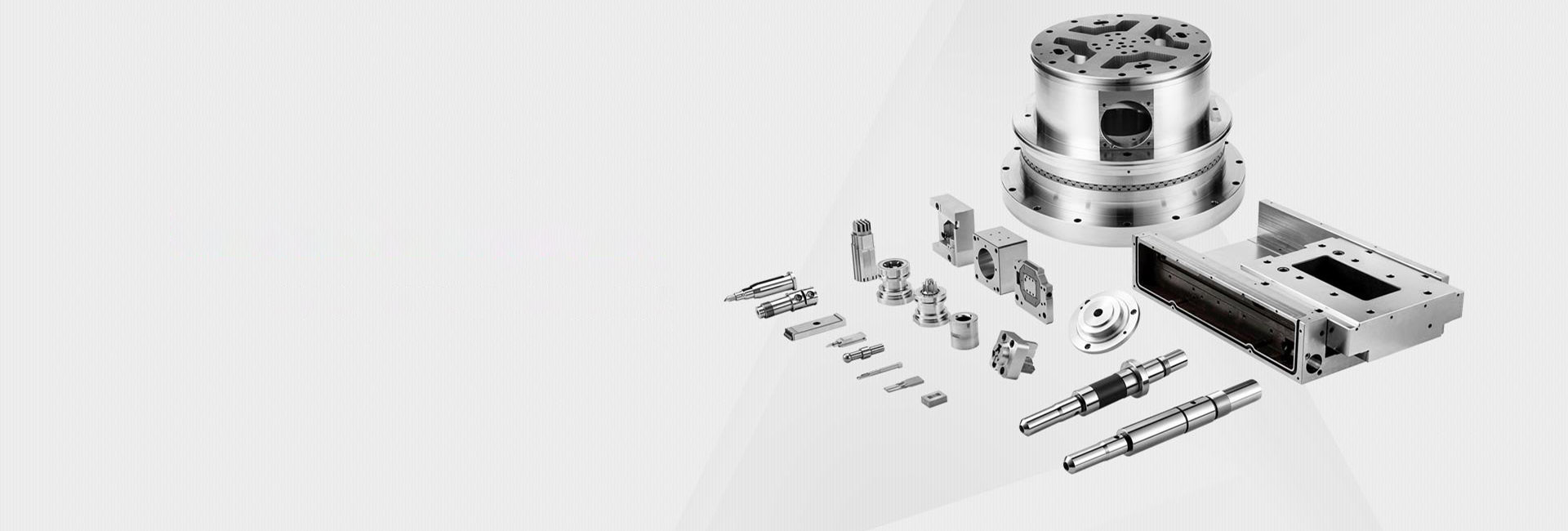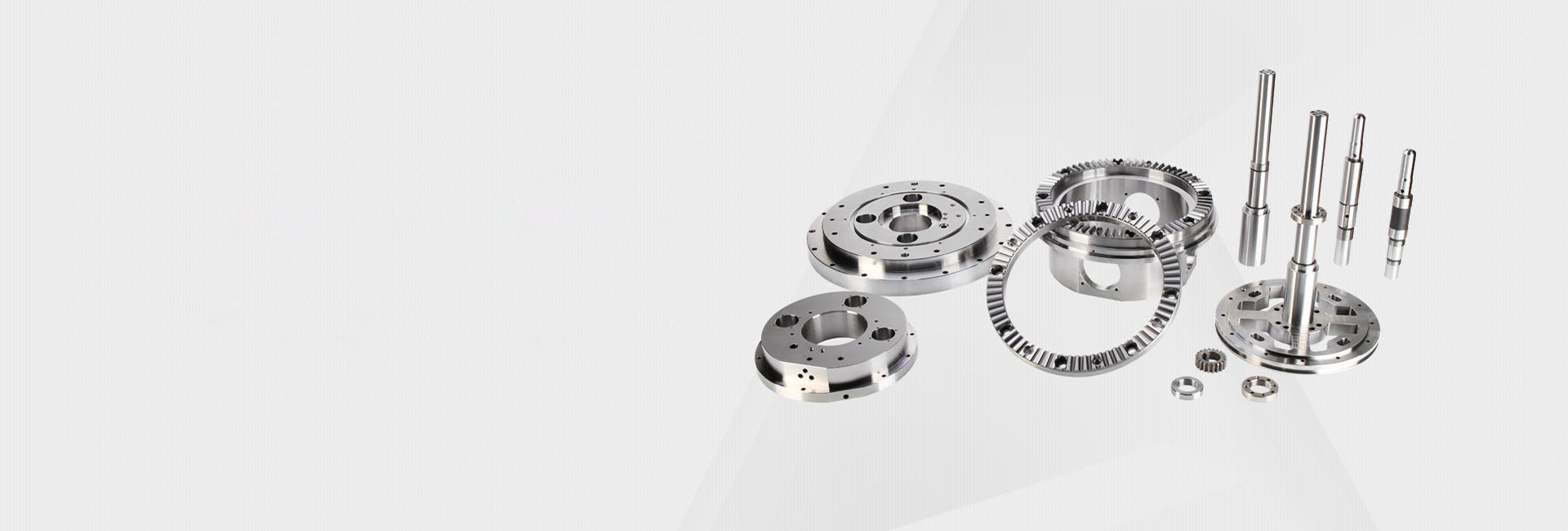High Precision Medical Part CNC Machining: A Guide to Quality and Compliance
Ever lay awake at night, worrying if your medical device components are precise enough? 🤔 You're not alone. For procurement managers and engineers, a tiny miscalculation in a part isn't just a reject; it's a massive risk. The real question isn't just "Who does CNC machining?" but "Who truly understands the life-or-death stakes of high precision in medical parts?" Let's break down what you really need to know.
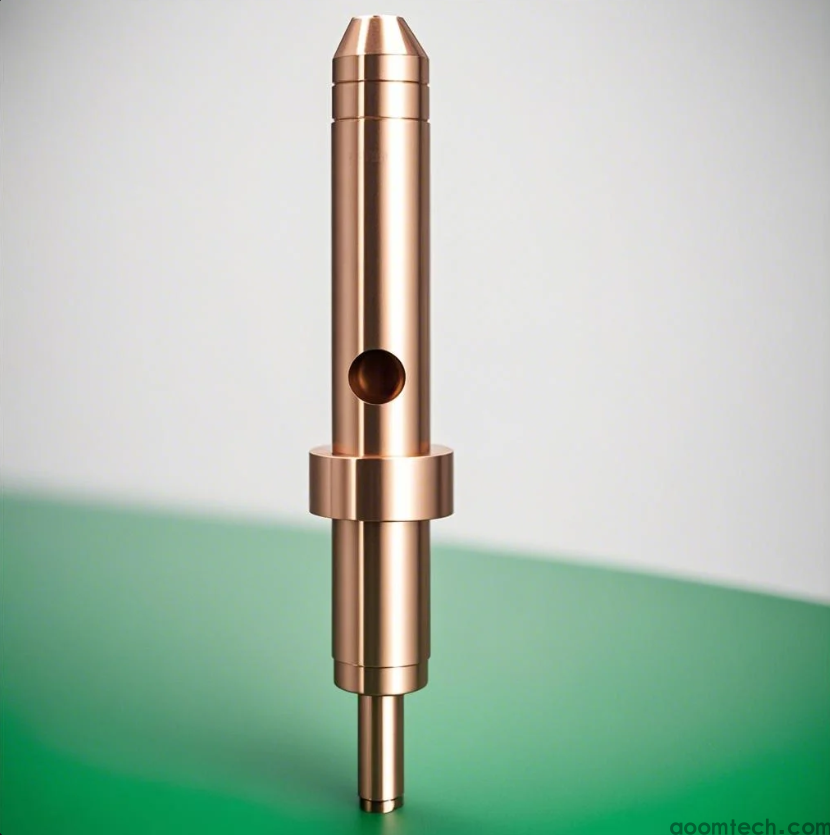
What Makes Medical Part CNC Machining So Different?
It's not just about cutting metal. It's about trust. When we talk about CNC machining for medical parts, we're dealing with things that go inside the human body or diagnose critical conditions. A standard machine shop might get the dimensions right, but that's only half the battle. The other half is a relentless focus on biocompatibility, traceability, and sterility. A simple bracket for a car doesn't need a full genealogy, but every single medical implant absolutely does.
Why is "High Precision" Non-Negotiable?
Think about a surgical robot arm or a joint replacement. These devices move in ways that demand perfection. High precision in this context means:
- ✔️ Perfect Fit: No wiggles, no gaps. Just seamless integration.
- ✔️ Predictable Performance: The part behaves the same way, every single time.
- ✔️ Long-Term Reliability: It can't just work on day one; it has to work on year ten.
Getting this right from the start saves you from costly recalls and, more importantly, protects your reputation. It's the difference between a partner and just a vendor.
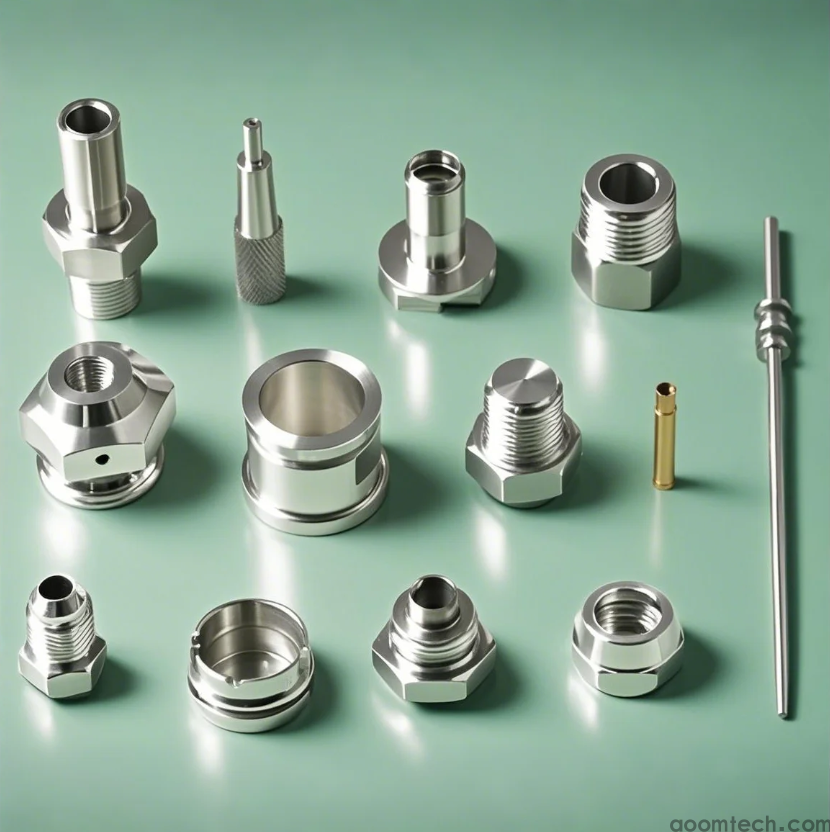
The Secret Sauce: It's More Than Just the Machine
Okay, so everyone claims they have 5-axis CNC machines. Big deal. The real magic happens around the machine. What you're really paying for is the ecosystem. This includes the meticulous inspection equipment like CMMs that verify every micron. It's the controlled, clean production environment that prevents contamination. It's the programmer who knows how to design a tool path that doesn't leave microscopic stress points. The machine is just a tool; the expertise is what turns it into a life-saving instrument.
Materials Matter: Picking the Right One for the Job
Not all stainless steel or titanium alloys are created equal. The choice of material is a huge part of the puzzle for a balanced approach to function and safety. For instance, a temporary bone screw might use a different titanium alloy than a permanent spinal fusion device. You need a partner who doesn't just have the metal in stock, but who understands the long-term interaction between that material and the human body. Will it corrode over time? Is it too stiff? These are the questions that need answers before the first cut is made.
Your Blueprint for Finding the Right Partner
So, what should you actually look for? A shiny brochure isn't enough. You need proof.
- 🔍 Ask for Certifications: ISO 13485 is the bare minimum. This proves they have a quality management system designed for medical devices.
- 🔍 Demand Traceability: Can they tell you which batch of raw material your part came from? They should.
- 🔍 Review Their Quality Control Protocols: How many checks does a part go through? The answer should be "a lot."
From my own experience, the best shops are almost annoyingly detail-oriented. They'll ask you a hundred questions about the part's end-use, and that's a good thing. It shows they're thinking about the same risks you are.
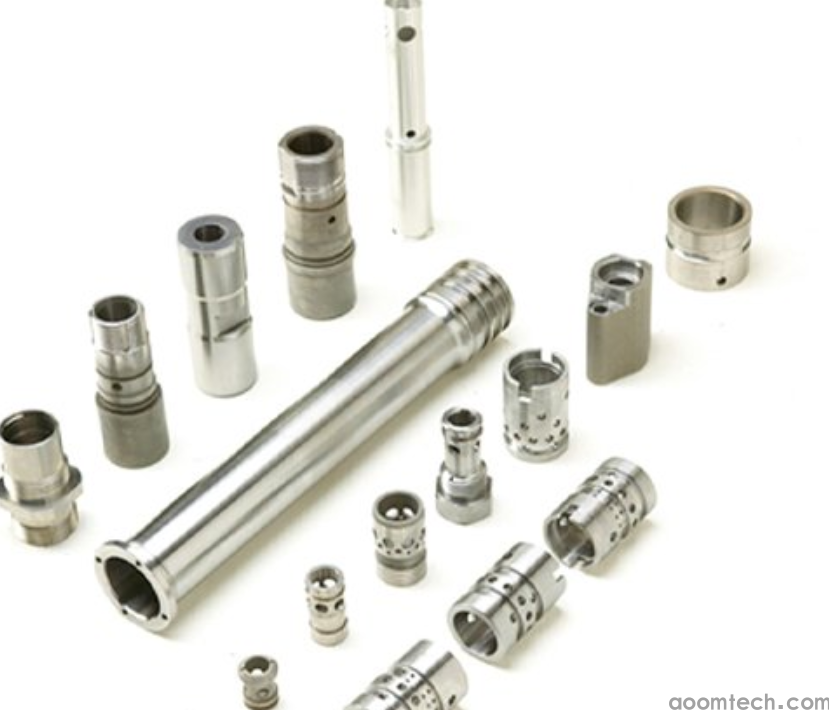
The Bottom Line: Precision is a Mindset
At the end of the day, high-precision medical CNC machining isn't a service you order. It's a culture you partner with. It's a commitment to getting it right, even when no one is watching. The tolerances are tight, but the margins for error are zero. While the technical specs are critical, this mindset is what truly separates the adequate from the exceptional. It's what ensures that the parts you source don't just meet a drawing, but they meet the unspoken promise of safety and efficacy.
Ready to move forward with a partner who gets it? Our team specializes in turning complex medical designs into flawlessly executed reality. Click to connect with our online service team and let's discuss your project's specific requirements. 👇
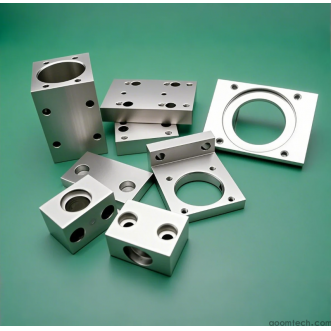 How is the price calculated fo
How is the price calculated fo
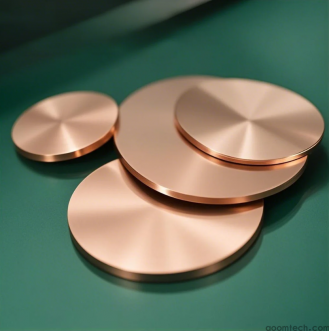 How Does a High-Precision CNC
How Does a High-Precision CNC
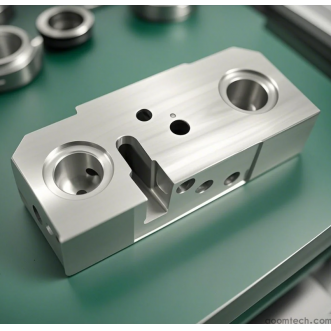 What Factors Affect CNC Machin
What Factors Affect CNC Machin
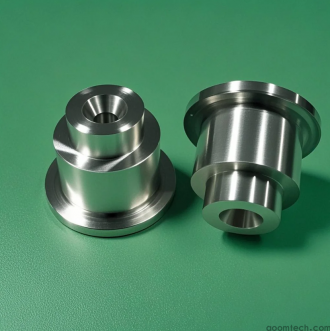 How to Choose a Supplier for C
How to Choose a Supplier for C

